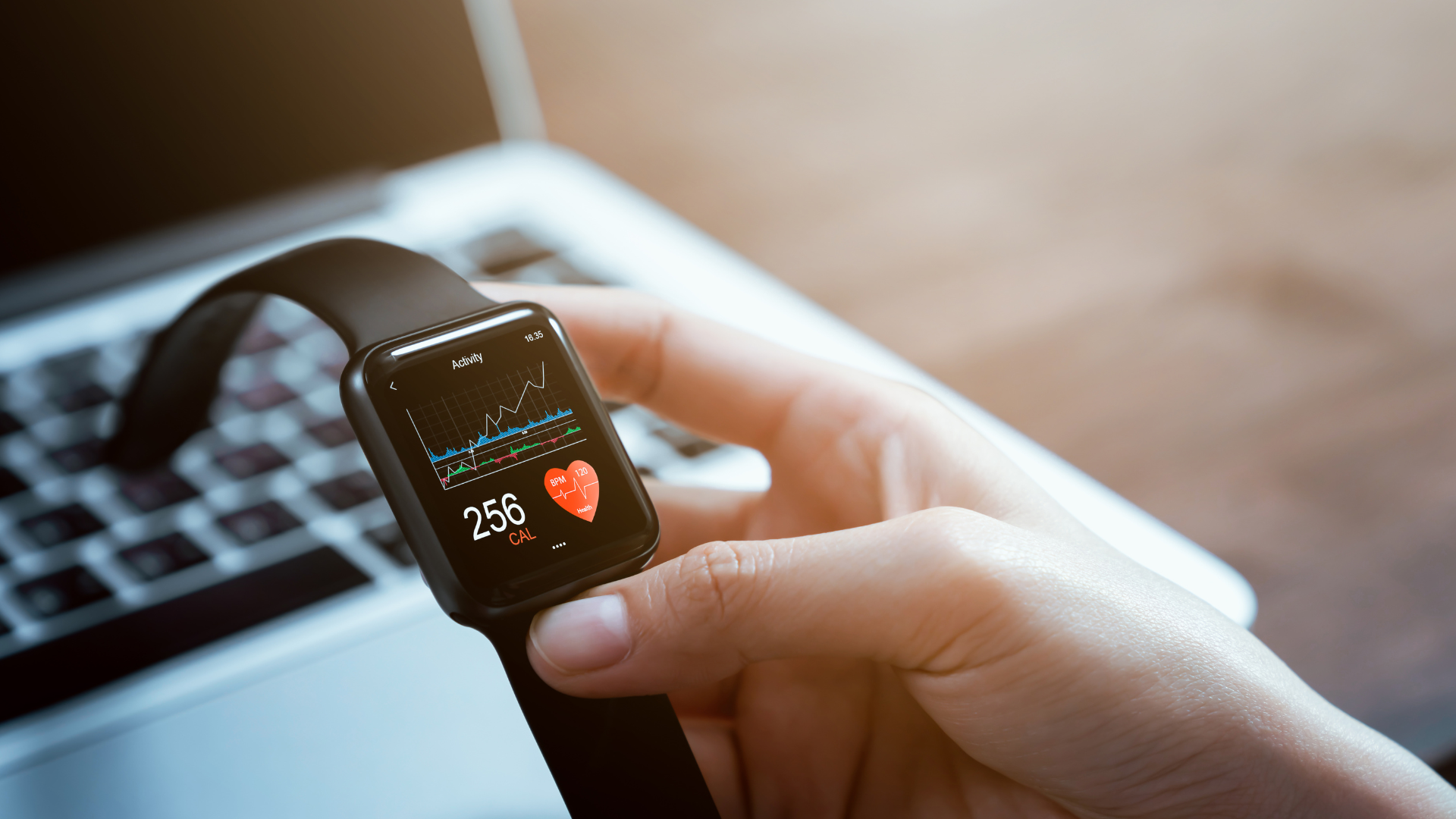How Does a Fitness Tracker Work?
Fitness trackers are not the first wearable technology to emerge on the scene, but they are likely the most widespread. They have been available for years that use a pedometer-like algorithm to count the number of steps walked and calories burned. Recent advances in technology and the need to incorporate fitness into a more integrated health regime have spurred their popularity. They have become a must-have for exercise enthusiasts who want to improve and monitor their health and fitness. These tiny devices track various metrics, including heart rate, distance, calories burned, steps taken, and sleep quality, to name a few. They’re small and portable, and many can be connected to an app for more detailed tracking.
Fitness trackers are trending right now, and they’ve gained a lot of popularity for their ease of use and effective results. So, how can they work for you? Well, the higher the activity level, the more calories, and steps you’ll burn and the fitness tracker can track these metrics. They also let you know when you’re sleeping and if you’re getting the right amount of rest each night.
Fitness apps also help in motivating individuals to engage in physical activities to maintain their physique. Moreover, they aid in monitoring the health of the person -by constant tracking of heart rates, pulse, and blood pressure and warn the person in the time of any fluctuations. So, if you want to meet your fitness goals, it is essential to use fitness gadgets that can provide you with the most accurate fitness tracker.
Are fitness trackers really accurate?
Fitness trackers are increasingly popular. They track everything from steps and heart rate to sleep. But are they really accurate? For the most part, they can be accurate enough for a lot. An accurate model is the Body Media FIT, which monitors and records your steps, calories, and sleep patterns.
Fitness trackers are supposed to be the ultimate exercise companion. They keep track of how fast you run, how many miles you walk, and how many calories you burn when you’re doing physical activities. They also tell you if you’re sleeping enough, the number of steps you take, and how active you’ve been throughout the day. They are supposed to help motivate people to exercise more and motivate those who don’t exercise, to begin with.
Calories
Counting calories is a healthy way to lose weight. And most trainers tend to give emphasis to burning calories with their different workout and meal plans. The idea is to eat fewer calories and burn more. In case you have a personal trainer, such as those available at Generation Fit, they may provide accurate nutritional information regarding foods you may need to incorporate into your diet and their calorie counts. But if you think you need to strictly monitor your calorie intake, then investing in a fitness tracker could be worth your fitness goals.
With that said, calories refer to how many kilojoules (kcal) your body uses up during the digestion of a given amount of food. This measurement is called energy, and the amount of energy a body uses depends on its mass and activity level. Because calories are a measure of energy, eating a healthy, varied diet with plenty of fiber, vitamins, and minerals, as well as lean protein, is always going to be more nutritious than eating a diet high in refined carbohydrates, sugars, and saturated fat. This is especially important when it comes to weight loss since foods that contain fewer calories are often lower in nutrients and, as a result, less satisfying.
Step Tracking
Step tracking apps are becoming more popular than ever. They give you a fun way to track how many steps you take each day, as well as plan around your steps so that you can reach your daily step goal. The steps you log are displayed on a map, so you can see how active you are in another part of the county or city.
Tracking steps is a fun way to get more exercise. Use an app like MapMyFitness or Strava to track your steps each day. You can get motivation from your friends or co-workers to see who can hit the most steps each day.
Heart Rate
Heart rate can be measured in different ways. To measure heart rate with an analog watch, just set the alarm to the beat and count the number of times the watch beeps in a minute. Heartbeat measurement can be very helpful for people who are into cardio activities. If you go for regular jogging or cycling (check out Enduro Bikes in Colorado or elsewhere for bike options), consider purchasing a smartwatch with less error in heartbeat monitoring.
How it works: when you exercise, your heart beats faster. Your heart’s beats per minute (bpm) range depends on how strenuous your workout is. And while bpm may vary between people, there is a general baseline to which you’re supposed to fit. The American Heart Association (AHA) recommends 60-80 bpm when exercising moderately, 80-120 bpm for strenuous activities, and 120-150 bpm for intense exercise.
Sleep
Getting enough sleep is vital to your well-being. Your body and mind need time to recuperate from daily stress, as well as earn money for the next day. But many of us don’t get enough rest each night, and this can leave us feeling groggy and rundown. While lack of sleep can be temporary, the National Institute of Neurological Disorders and Stroke reports that not getting enough sleep can have long-term consequences. So, if you are facing issues in maintaining healthy sleep cycle, you can look for healthcare organizations that could conduct sleep study to find the root cause behind the irregularities in sleep.
Fitness trackers measure and report your physical activity. They include wrist-based and waistband activity trackers. While they can improve your fitness, the devices will not deliver significant results without consistent use.



